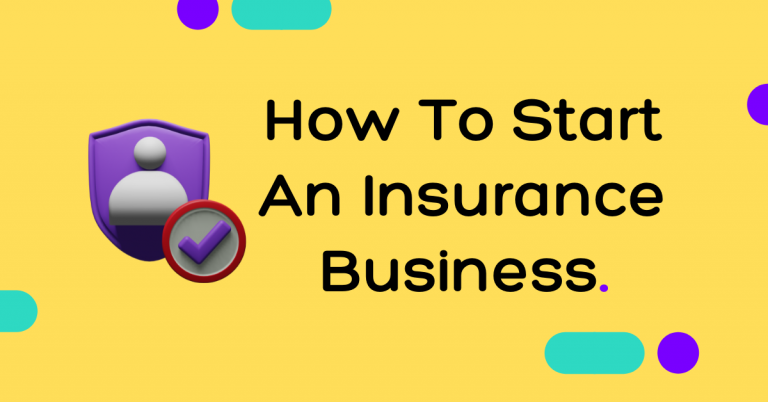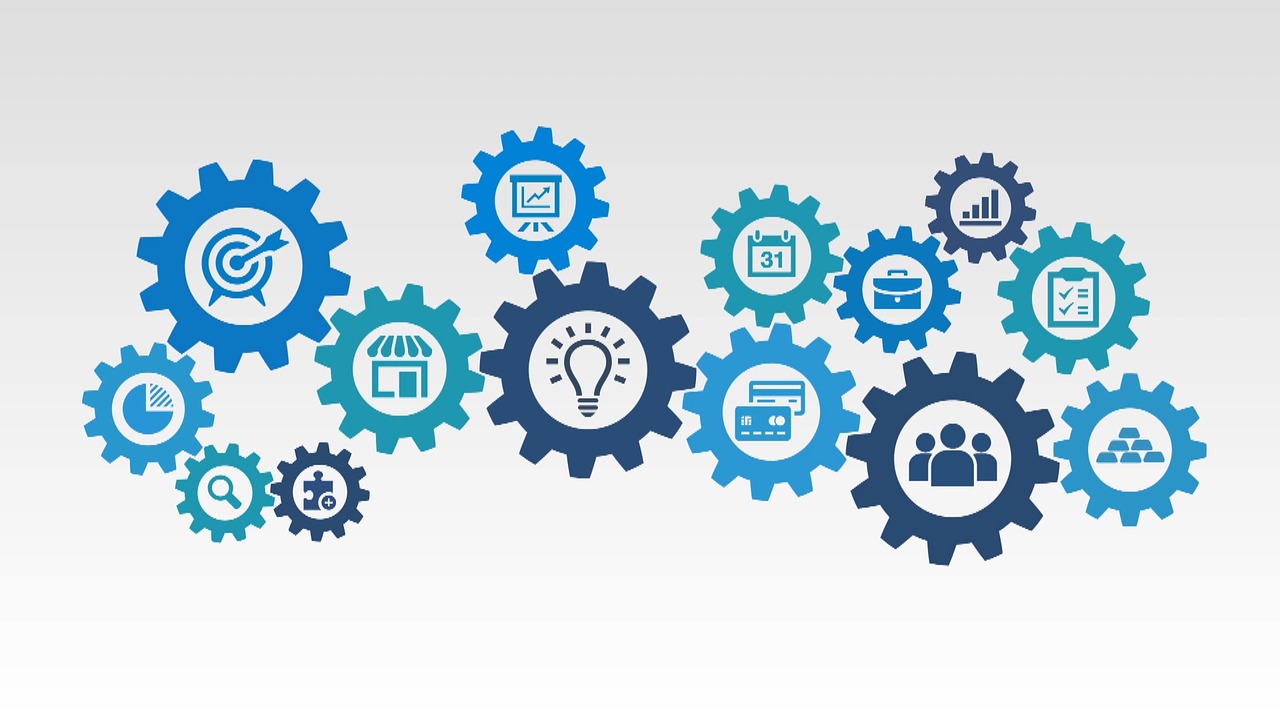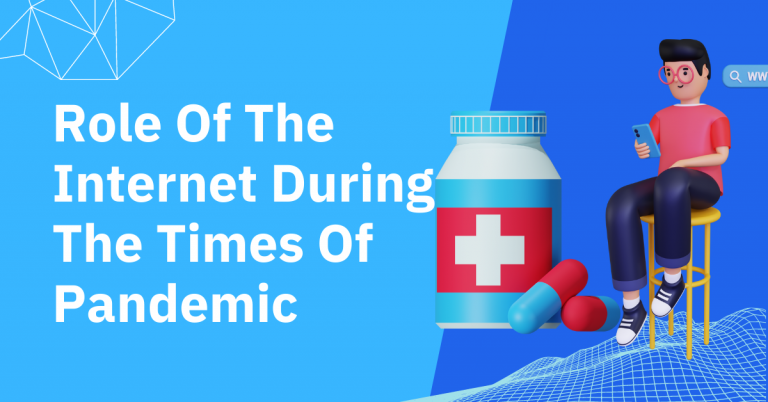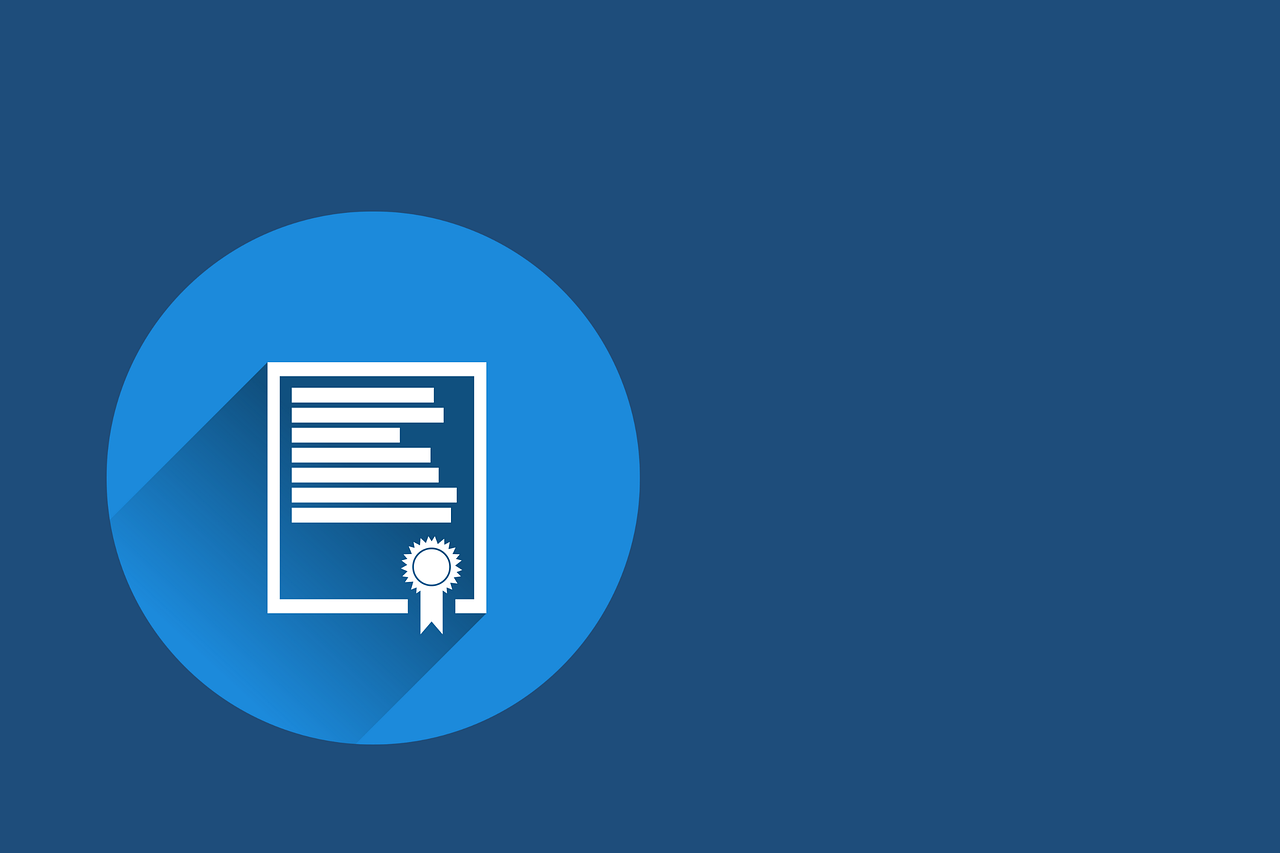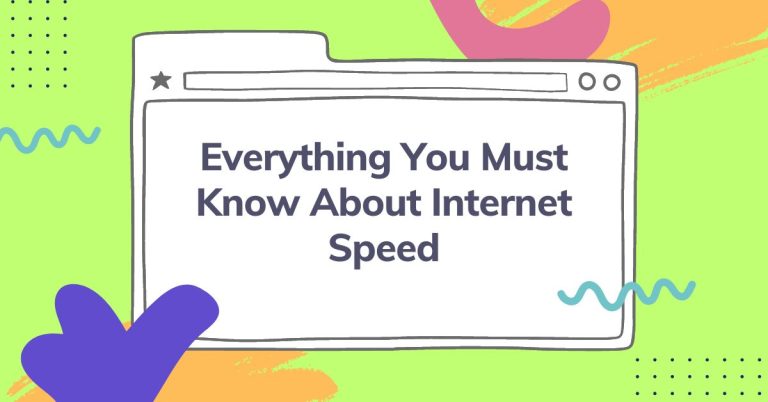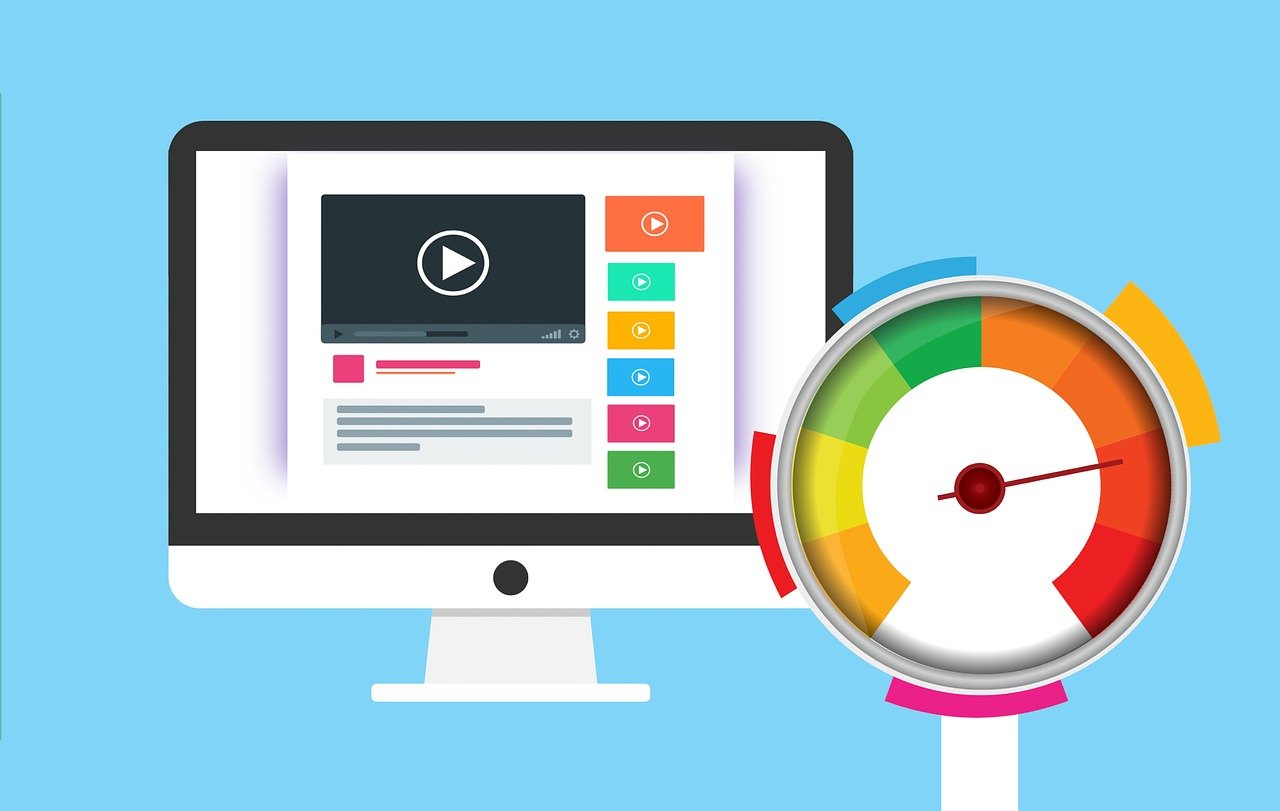Learn why line drying is better than machine men’s essentials hoodie drying in this post.
Line drying is a natural drying process. It keeps fabrics strong for longer periods. Machine drying can weaken delicate clothing fibers. The constant heat often reduces clothing lifespan. Air drying avoids these harmful effects completely. Clothes stay softer and more comfortable overall.
A Men’s essential hoodie remains stylish and durable longer. Air exposure preserves the hoodie’s natural texture. It allows the fibers to breathe gently outside. Machine heat usually causes shrinking or fading. Choosing line drying gives fabrics longer life. It prevents rough wear from mechanical tumbling. Simple air methods protect high quality garments.
Table of Contents
Retains True Shape and Fit
Line drying protects garments from stretching problems. Mechanical dryers often twist and misshape clothing. Fabric fibers can warp due to excess heat. Natural drying keeps the original garment structure intact. A Men’s essentials hoodie holds shape perfectly outside. Air drying reduces risks of shrinking clothing sizes.
The hoodie fits properly every single time. This prevents the need for replacement purchases. Clothing stays consistent in fit and structure. Machine drying usually damages elasticity and balance quickly. Air drying gives reliable comfort with daily wear. Preserving the hoodie shape ensures user satisfaction. Natural care avoids unnecessary wear and tear.
Prevents Damage from Overheating Fabric
Dryers create heat that harms sensitive fabrics. Repeated heat exposure breaks down natural fibers faster. Hoodies lose softness and stretch with time. A Men’s essentials hoodie stays intact by air drying. The hoodie remains breathable with no damage. Outdoor drying avoids harsh heat and static buildup. It keeps the clothing surface smooth and gentle.
Constant dryer cycles make fibers brittle and weak. Line drying slows the wearing process naturally. This extends the lifetime of every garment. Fresh air strengthens the fibers without unnecessary heat. Clothes stay pleasant and comfortable with natural care. Overheating problems are avoided by smart choices.
Reduces Unwanted Clothing Shrinkage
Shrinkage is a common issue with dryers. Heat reduces fabric size in unexpected ways. It often ruins clothes after only one cycle. A Men’s essentials hoodie avoids shrinking when line dried. The natural process does not compress fibers harshly. Outdoor air keeps fabric size more consistent. This maintains comfort and style without damage.
Shrinking causes hoodies to lose proper fit. It forces owners to replace them early. Line drying prevents these costly replacement cycles completely. It keeps clothing reliable for many more years. Outdoor methods preserve fabric density and natural strength. Shrinkage problems are avoided with thoughtful air care.
Enhances Fresh Smell and Clean Feel
Air drying in natural sunlight refreshes clothing. It adds a pleasant outdoor fragrance naturally. Mechanical dryers never provide this unique benefit. A Men’s essential hoodies smells cleaner after outdoor drying. Fresh breeze eliminates bacteria and unwanted odor naturally. Sunlight also helps kill invisible germs completely. This creates healthier and fresher everyday clothing options.
Clothing feels lighter after being dried outdoors. Heat drying often traps odors in fabrics quickly. Fresh air restores cleanliness with natural circulation daily. Air drying also reduces static problems significantly. It offers softer results compared to heated machines. Clean feeling clothes improve overall wearing comfort.
Cost-Effective for Long Term Care
Dryers always require electricity and regular maintenance. Repairs add extra costs when damage occurs. Energy bills also rise with continuous machine use. A Men’s essentials hoodie remains cost friendly outdoors. Line drying eliminates these recurring expenses entirely. Families save money while protecting their clothing better. Longer garment life also reduces replacement spending drastically.
Cost savings accumulate with consistent drying habits daily. Outdoor methods use free natural sunlight effectively. This makes drying both practical and economical long term. Clothes stay stronger without hidden extra costs later. Choosing line drying supports financial and clothing health. Simple methods provide lifelong practical results.
Keeps Colors Bright and Vibrant
Machine drying often fades bright colors quickly. Heat breaks down clothing dyes during every cycle. Fabrics lose their vibrant look very fast. A Men’s essentials hoodie stays colorful outdoors. Line drying protects fabric tones from fading. Sunlight preserves natural brightness without harsh damage. Outdoor drying enhances the overall fabric appearance naturally. Colors last longer with consistent natural care.
Machine drying causes dull clothing much earlier. Outdoor air keeps hues strong for years. People enjoy stylish wear with reliable color strength. Protecting brightness improves the hoodie’s fashionable appeal daily. Outdoor drying keeps clothing looking fresh always.
Promotes Longer Lifespan of Clothing
Line drying is known to increase longevity. Fabrics remain stronger with natural gentle exposure. Mechanical dryers weaken clothing with each cycle. A Men’s essentials hoodie lasts longer outdoors safely. It maintains comfort quality and style for years. Air drying prevents major damage seen with machines. It adds long term durability to every garment.
Clothing that dries naturally stays wearable longer. This reduces overall waste from discarded clothing items. Extended garment life benefits both environment and economy. Natural drying provides sustainable clothing solutions for families. Every cycle outdoors adds more protective strength naturally. Longer lifespan equals better investment in clothing.
Encourages Mindful and Sustainable Habits
Air drying requires a thoughtful daily routine. It connects people to mindful sustainable living practices. Drying outside creates healthy lifestyle awareness daily. A Men’s essentials tracksuit encourages responsibility through natural care. The hoodie symbolizes practical eco-friendly choices consistently.
Outdoor drying turns chores into mindful experiences often. It builds appreciation for clothing and environment together. These habits improve sustainability across households every day. People learn to protect clothing and reduce waste. They adopt better choices for longer garment use.
Mindful habits support healthier clothing lifestyles overall. Sustainability starts with simple and regular conscious efforts. Line drying encourages stronger responsibility in fashion.
INTERESTING POSTS








